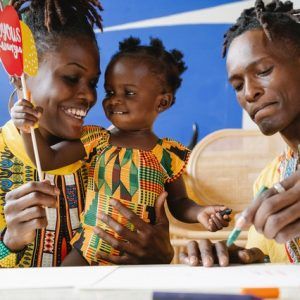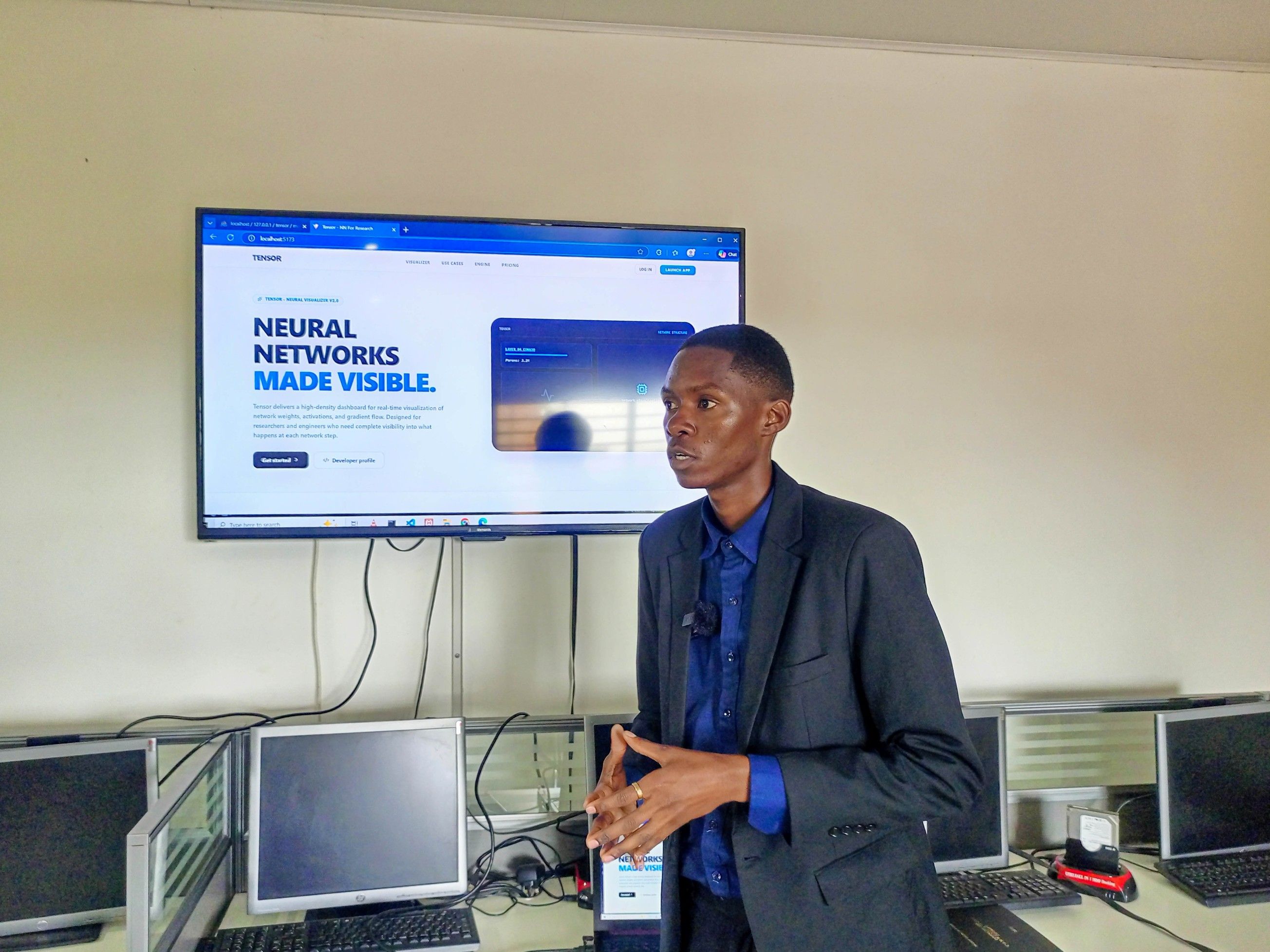At some point, we will just have to stop pretending that anyone can be more African than human.
That’s because– I believe– the weight of the myth of ‘being’ African or Kenyan or Ugandan will soon prove too heavy for everyone to carry. Perhaps at some point being African meant something spiritual, something inherently weaved into the being of natives of the great continent that it was an irrefutable concept. If it was, it isn’t there now. And so it becomes important to figure out if the nature of ‘being’ is corporate or personal. If it is corporate, where does it start and end? Am I African because I belong to a distinct group of people who are exactly like me? Does being African prevent me from being anything else? Can I be an African Christian politician or an African atheist professor, or... are some things too ‘unAfrican’ to be?
A shallow search of comparisons between me and my next-door neighbour may reveal a long list of characteristics, and none of the ones we share will come out distinctly Kenyan or African, perhaps except for shared social, political, and economic experiences, which I could easily have shared with anyone else from anywhere else. In that sense, I could say in the same breath what Nigerian chief Obafemi Awolowo said in 1947, that Kenya, and indeed Africa, is a geographical expression more than anything else. The challenge and demand of corporate being, or becoming, therefore emanate from specific cliques and groups of people who understandably hold themselves to certain degrees of standard or creed. These have caused an intense reverence of corporate becoming, leading to the undermining and oppression of the individual.
Corporate being, or becoming, does not even last forever because unless it is based on timeless written sources, it is bound to be changed and remodeled to the expectations of new cliques and groups. This means that the silencing of difference in one era becomes regrettable in another. Even the written sources of corporate becoming are bound to be interpreted variously, leading to a commotion of ideas on what or who the many should become.
It is this that has caused mayhem in the use of the term ‘African’ or ‘Kenyan’, because an assumption of ownership or tyranny of quorum has convinced citizens that this quorum should dictate being. Where everyone should have equal opportunity to be, some have chosen to not let others be others. The power of difference has been suppressed by forced homogeneity. Being Kenyan or being African means nothing more than citizenship, and the citizenship of Africa does not make one any different from the citizenship of Russia. Their being and their essence remain the same, no matter their citizenship. It is therefore not only unreasonable to demand and enforce conformism of being to a predetermined corporate standard, but also completely unfair to those who are satisfied in being what and where they are.
Also Read: 6 Reasons Why an African Identity Revolution is Imminent





